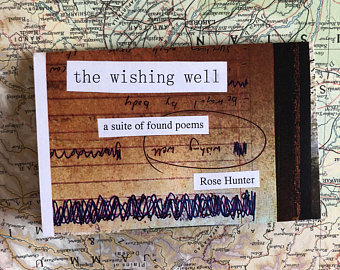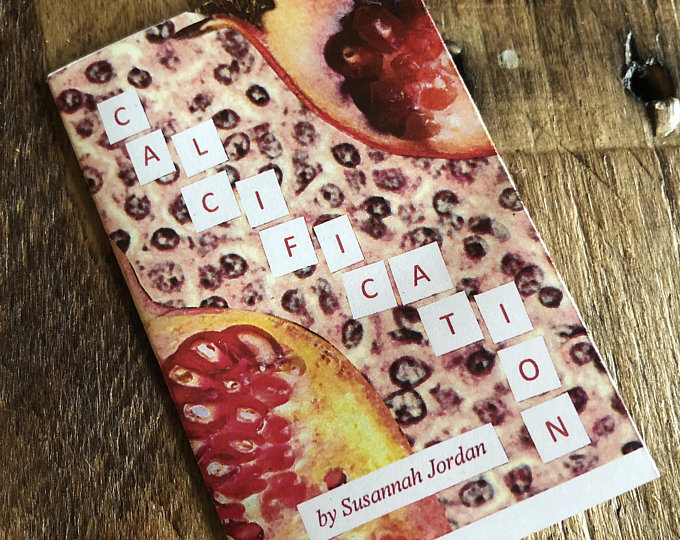post ghost pressReviewed by Amy Mitchell
|
|
Before I opened the small envelope containing post ghost press’s microchapbooks, I wasn’t sure what I would think of such tiny microchaps. They seem like the very definition of ephemera—very small and very easy to lose, spill something on, accidentally recycle, etc. And yet, I very quickly became a serious fan of post ghost press’s productions—these microchaps are a delight to handle and a uniquely engaging reading experience. They are also clearly made with care and love.
I corresponded via email with Dessa Bayrock, the publisher of post ghost press (and an excellent poet in her own right!), asking her questions about her reasons behind starting the press and her experiences so far. I’ll incorporate some of her responses in this review, since they shed very useful light on this project: |



